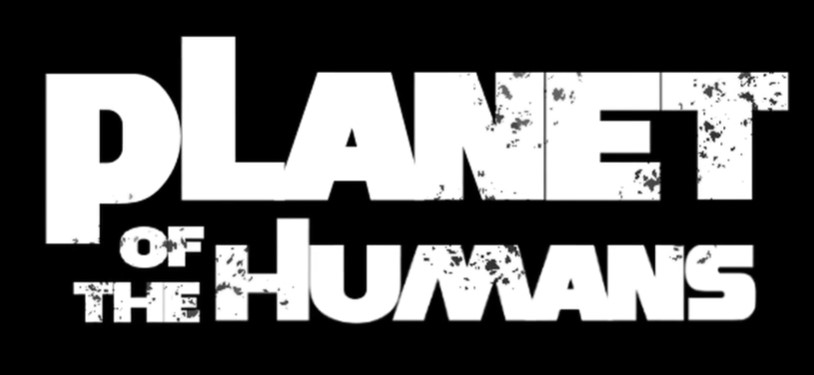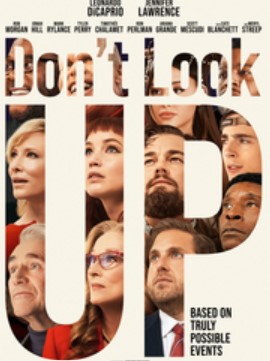What the hell are you talking about Joel? Have you gone mad?
Stay with me and think about what we know now and how different that is from what you thought you knew when you started school. Yeah, I know you knew the earth was round then. But wait a minute! Didn’t you covet the Encyclopedia Britannica back then? Wasn’t that just about the coolest set of books anyone could have in their homes?
Why did we value them? It wasn’t to show off to neighbors. It was because they were considered the best easily readable sources of truth. How much of what was written in them would be considered out of date today? How much more do we say we know about the world around us since the 1950’s and 60’s when these were the gold standard?
And how much of what we were told on TV commercials about food and life has changed? I remember watching Crisco commercials where a piece of chicken was deep fat fried and the commercial implied that the chicken did not pick up any fat. I remember almost every TV program featured cigarettes and that somehow you could call them safe if you bought ones with filters.
Why do I think we need to focus on what has changed? Because all too many are thinking what they see on TV and read about is the truth. We need to be careful about what we assume to be true just because someone with an impressive resume or title says it is true.
There are a host of movies today that really focus on this point. If you haven’t
 seen it yet, please do watch Planet of the Humans available for free on Amazon Prime.
seen it yet, please do watch Planet of the Humans available for free on Amazon Prime.
 And, if you have Netflix, watch “Don’t Look Up!”
And, if you have Netflix, watch “Don’t Look Up!”
Planet of the Humans points out how much of what you have been told about environmental change in the past decades is false and dangerous. Don’t Look Up pokes fun at how sinister government and big business can be even when the fate of the world hangs in the balance.
My concern today is that all of this can just make us cynical and depressed. We need to become smarter voters and activists for the right things … and not be lead like sheep to our slaughter as we are today.
We need to see how things change and how our understanding of how things change is changing itself.
Now back to the title. If any of you remember your analytic geometry or calculus you will note that it is the derivative … the rate of change in a variable … that enables us to find the better world around us. It is not what we think of as a number or a fact, but how those change with things we can do that lets us seek the optimum.
We must seek to heal the wounds of the past and build a sustainable planet. Our focus on carbon dioxide is not going to get us there. These two films point clearly to what we must stop doing and what we need to learn how to do in society.
If you care about the planet, you should watch both, but if you only want to watch one, watch Planet of the Humans and see what we need to differentiate.




